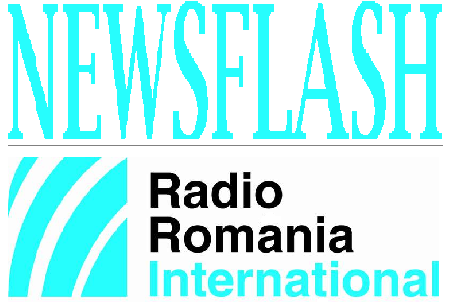September 9, 2013
For a roundup of domestic and international news, click here

România Internațional, 09.09.2013, 12:00
The Bucharest Senate on Monday decided that the draft law on the gold and silver mining project in Rosia Montana, in central Romania, should be debated under an emergency procedure. A report on the project, by the relevant commissions, will be drawn up by September 17th. In Bucharest, thousands of people took to the streets for the 8th cnsecutive day, calling on Parliament to reject the bill that allows for the use of cyanide, which environmental NGOs see as a major threat. Meanwhile on Mining Day, the mayors of over 40 villages and towns in Transylvania called on the MPs to approve the Rosia Montana project, which promises new jobs for the locals. In another development, the Parliament in Bucharest has started debates on another controversial bill, which regulates the situation of stray dogs.
Romanian President Traian Basescu announced on Monday that Romania fully agrees to the ideas laid down in the declaration signed by 11 states at the G20 summit in Russia, which calls for a firm international response as far as Syria is concerned. Among the states that signed the declaration are Canada, Australia, France and the US. According to President Basescu, the declaration clearly shows that the international law banning the use of chemical weapons has been in force for a lot of time and that it is universal. The declaration strongly condemns the use of chemical weapons.
The Bashar al-Assad regime hailed the proposal made by the Russian Foreign Minister Serghei Lavrov as regards placing the Syrian chemical arsenal under international control, the Syrian Foreign Minister Walid Mouallem said on Monday in Moscow. Lavrov has thus answered to the statement made earlier on Monday by he US Secretary of State, John Kerry, who stated that the Syrian regime might prevent a military intervention if it surrendered its chemical weapons to the international community starting next week.
Romania’s trade deficit narrowed in the first seven months of the year by 2.2 billion euros, to 3.12 billion, after an increase in exports and a drop in imports, the National Statistics Institute has announced. In July exports reached a record-high level of nearly 4.5 billion euro. As compared to the corresponding period of last year, exports rose by 7.7% and imports dropped by 0.7%.




























